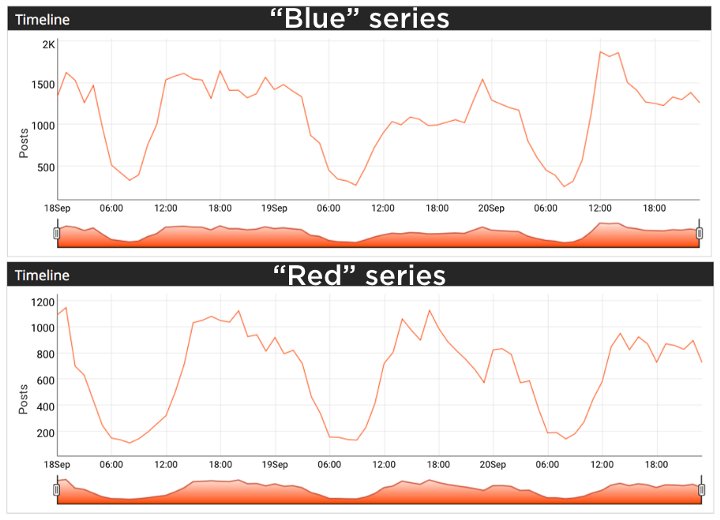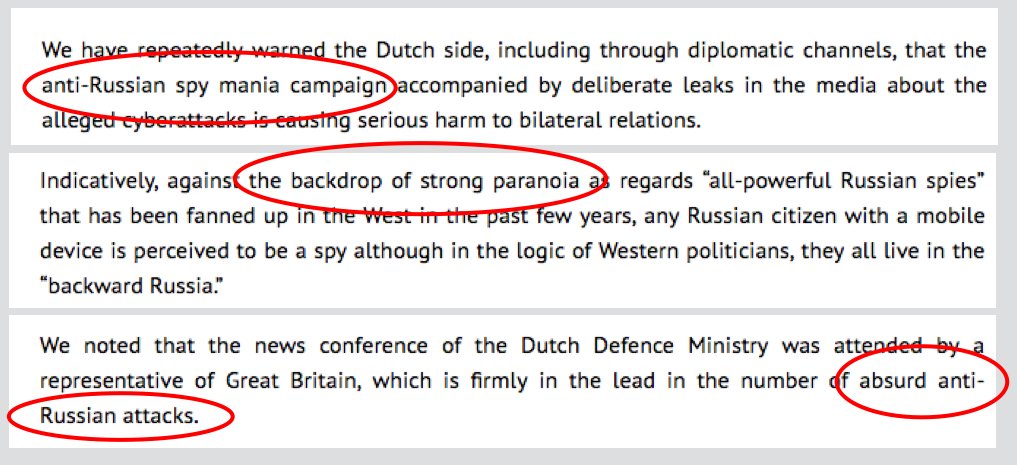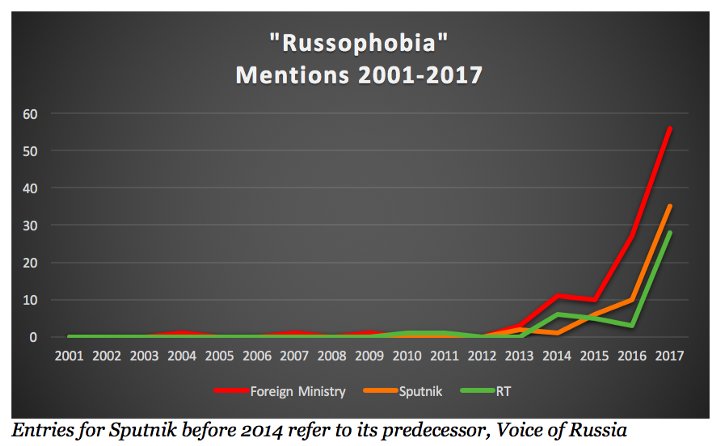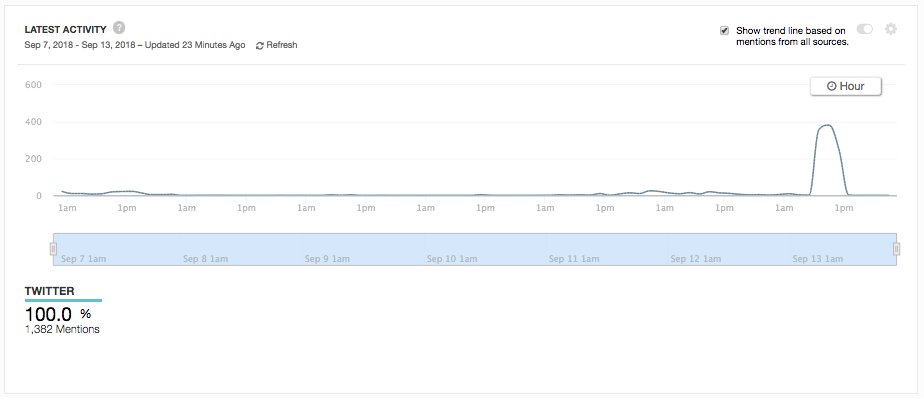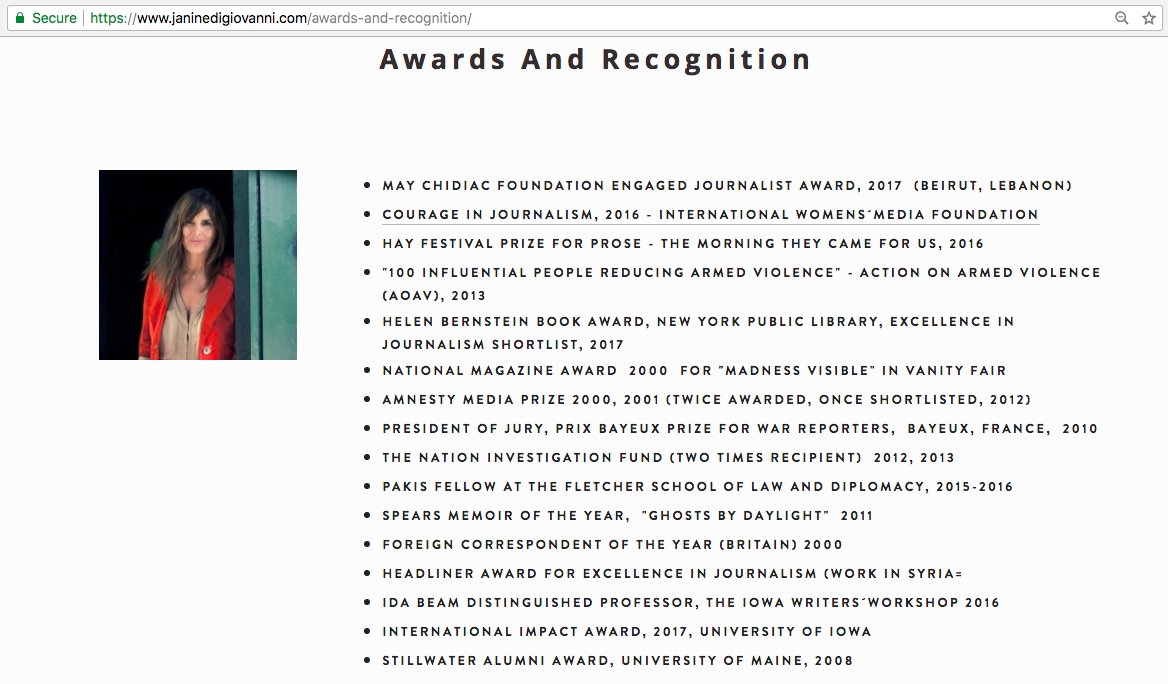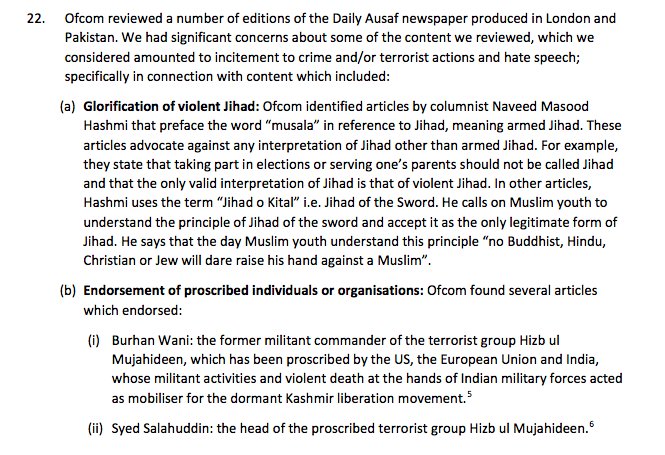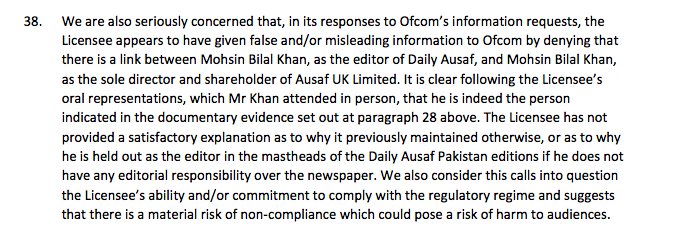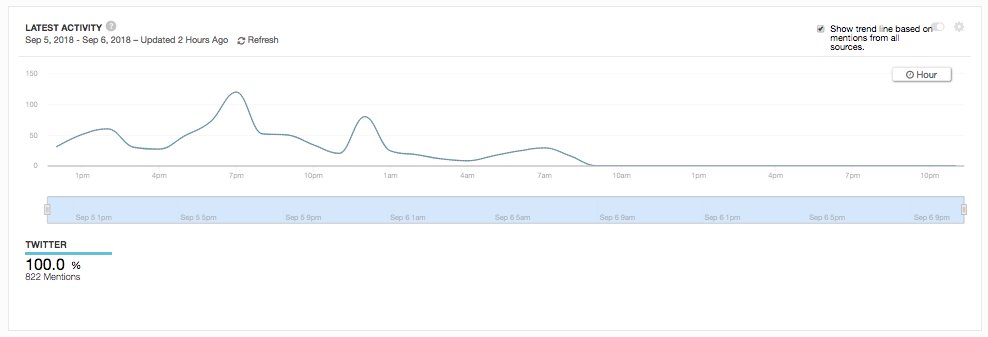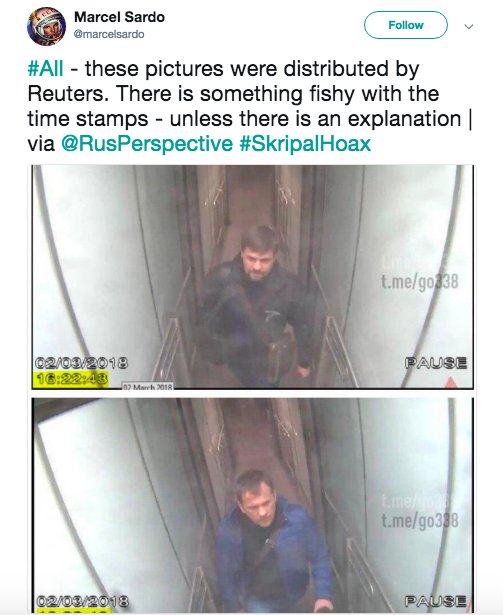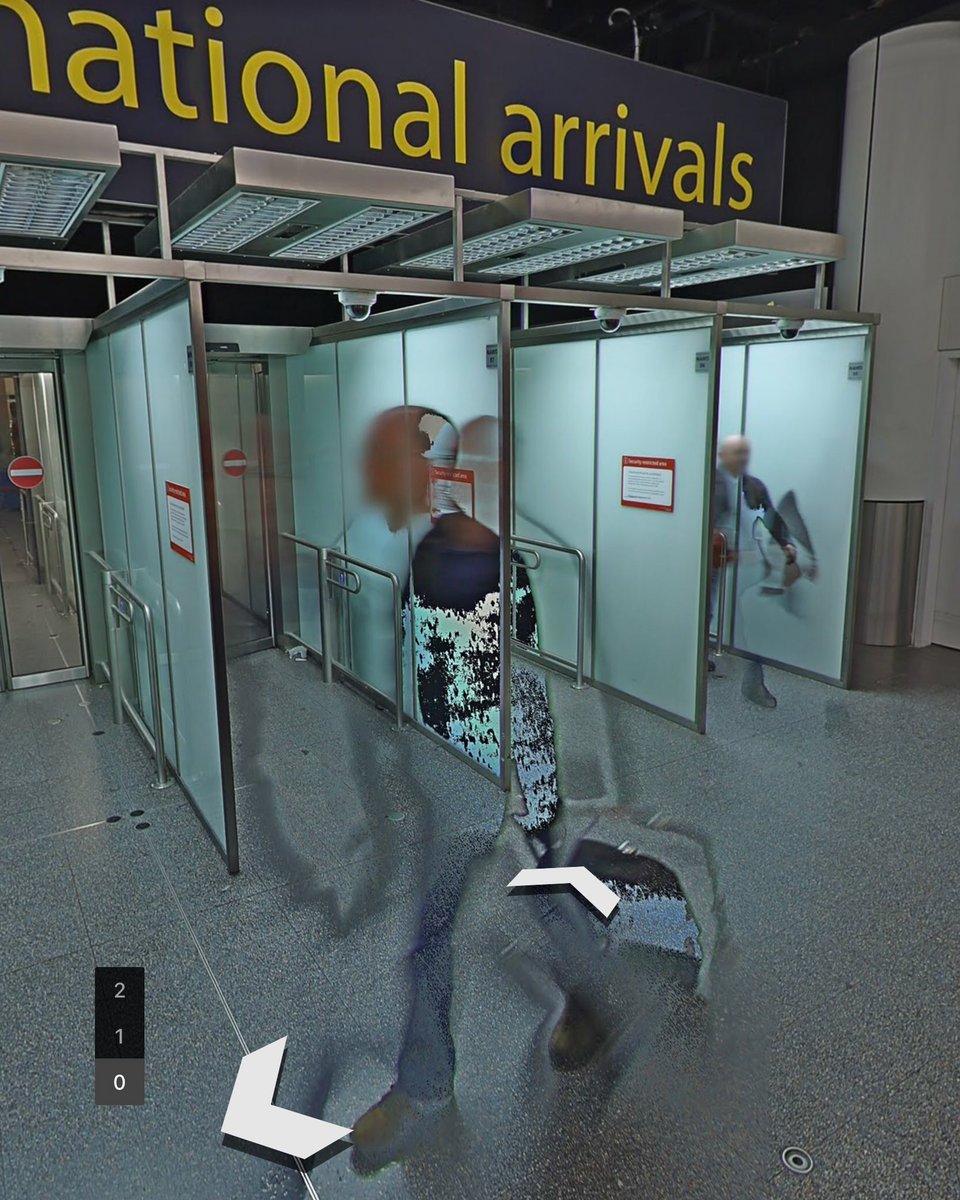Thread: looking at the evidence for a surge in disinformation following the Syria chemical attack.
medium.com/dfrlab/trolltr…
medium.com/dfrlab/trolltr…
I ran a @sysomos scan on mentions of "false flag" or #falseflag and "Syria" from April 1 to April 16. Surge on April 8, and consistent high level thereafter. 
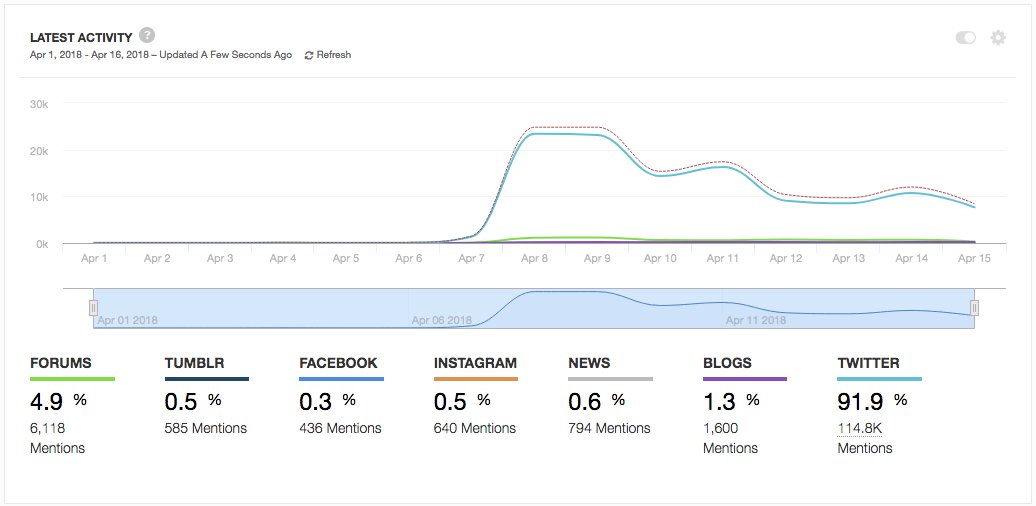
The most-retweeted accounts come from a mixture of backgrounds - pro-Kremlin, pro-Assad, far-right, conspiracy fringe.
Note among the top 10, for example, Partisangirl, Alex Jones, Ian56789, Kim Dotcom.
Note among the top 10, for example, Partisangirl, Alex Jones, Ian56789, Kim Dotcom.
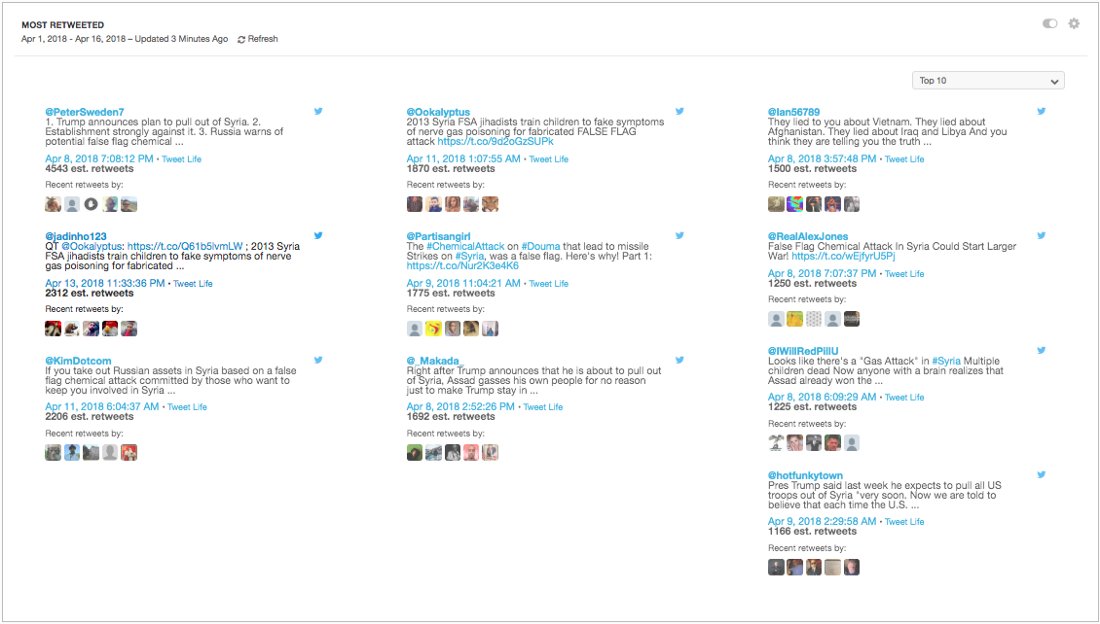
A lot of the early arguments were based on the "cui bono" concept, i.e. Assad had nothing to gain from the attack.
That's not backed up by his previous behaviour, especially the sarin strike in April 2017, which a UN probe found was committed by his forces.
That's not backed up by his previous behaviour, especially the sarin strike in April 2017, which a UN probe found was committed by his forces.
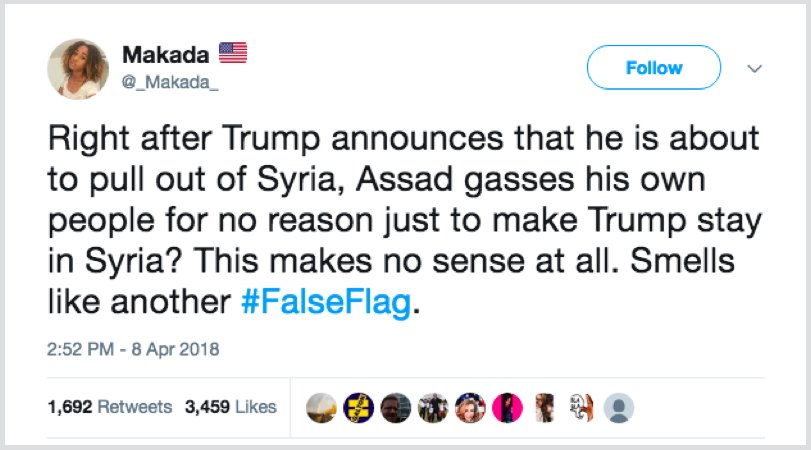
This is a scan of mentions of "cui bono", April 1-16. Note the spike on April 8. Much lower traffic, but then: Latin. 
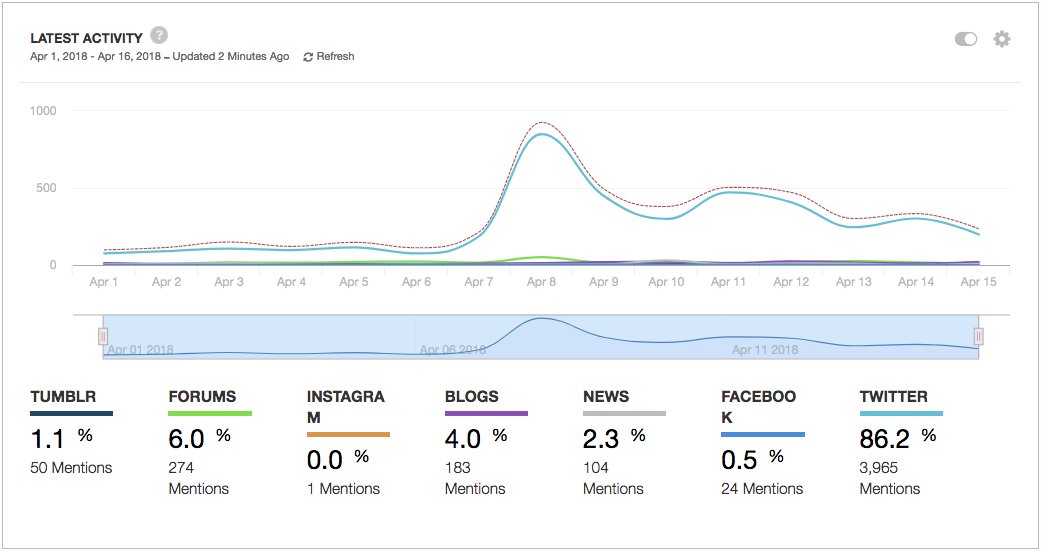
As a cross-check, because who knows what crazed Latinists may be running wild on Twitter, here's a word cloud around "cui bono" over the same period.
Assad, Syria, gas, Putin, Trump, war...
Assad, Syria, gas, Putin, Trump, war...
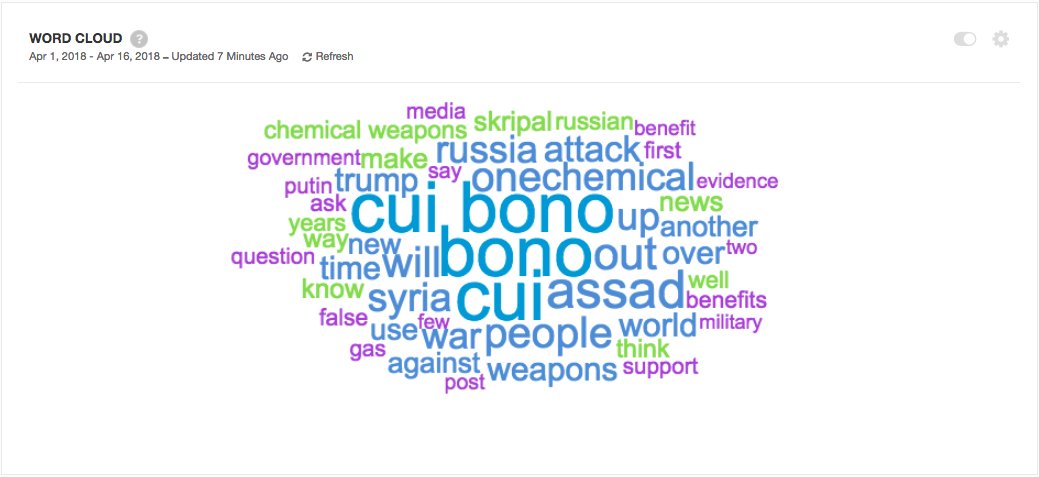
Again, users from various different backgrounds posted on this - pro-Assad, pro-Kremlin, far right (though there's so much crossover between those groups that it's somewhat fluid).
Does anyone know when Nick Griffin started flying the Russian and Syrian flags?
Does anyone know when Nick Griffin started flying the Russian and Syrian flags?

Another narrative says you can't believe anything the White Helmets say, b'c they're "Al Qaeda."
It's been a key Kremlin claim since the siege of Aleppo, when WH became a main source of war-crimes evidence. Mentions of "White Helmets" and "Qaeda" surged on April 13-14.
It's been a key Kremlin claim since the siege of Aleppo, when WH became a main source of war-crimes evidence. Mentions of "White Helmets" and "Qaeda" surged on April 13-14.
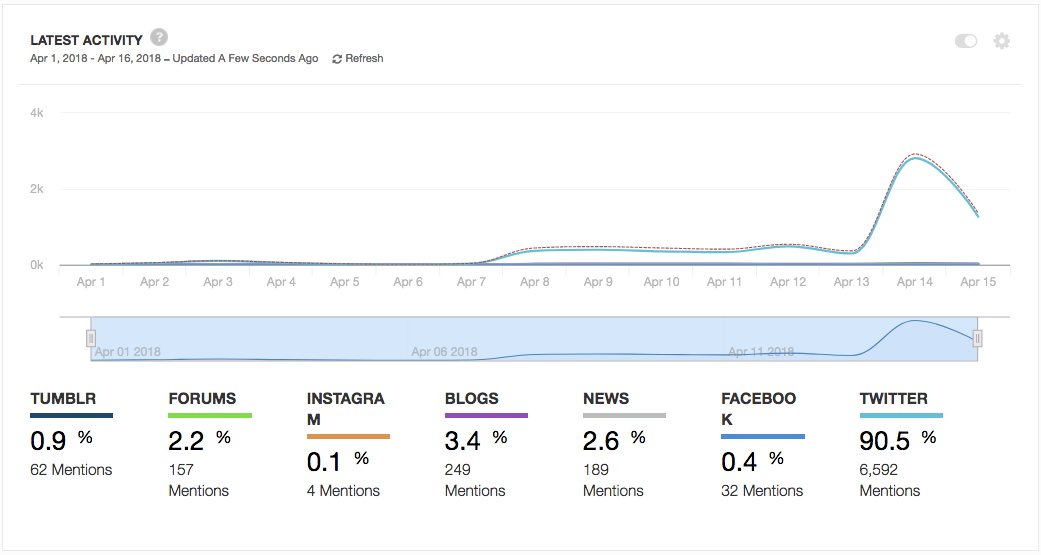
What's interesting in this scan (again, posts from April 1 to April 16) is how many of the most-shared posts linking White Helmets to Al Qaeda were actually tweeted well before the April 7 attack, but picked up new traffic after it. 
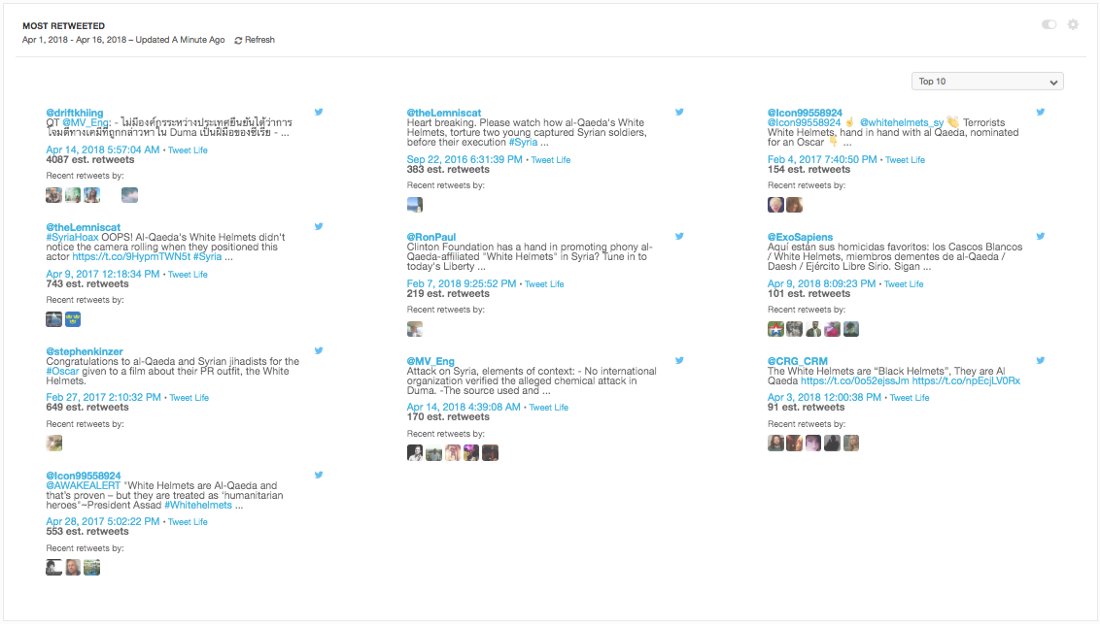
These surges are a familiar pattern. For reference, here's a scan of mentions of "false flag" or #falseflag and "Salisbury" from March 1 to March 18.
Note that the Skripals were found poisoned on March 4, and Theresa May briefed Parliament on Novichok on March 12.
Note that the Skripals were found poisoned on March 4, and Theresa May briefed Parliament on Novichok on March 12.
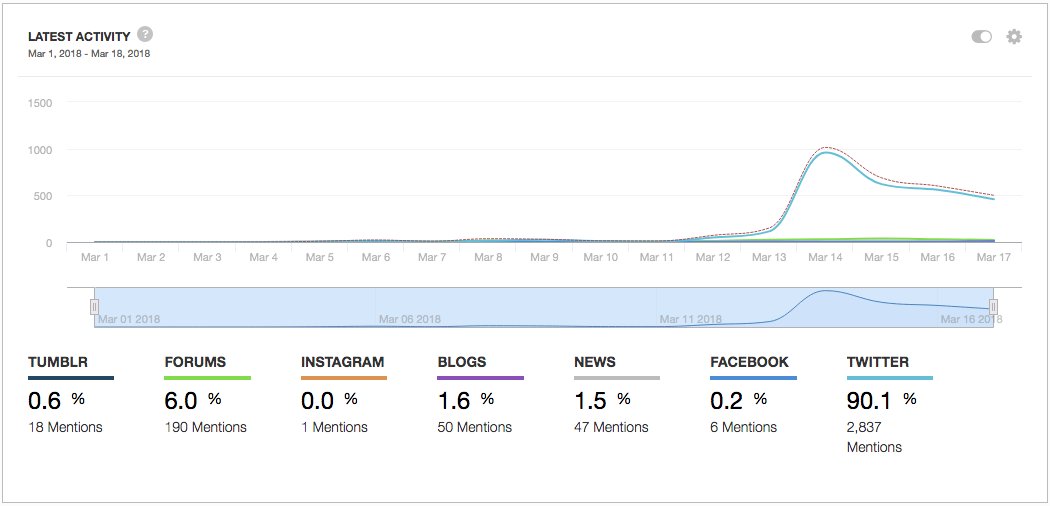
Again, there was a crossover here: pro-Kremlin and far-right accounts sharing the "false flag" narrative.
More details here: medium.com/dfrlab/putinat…
More details here: medium.com/dfrlab/putinat…
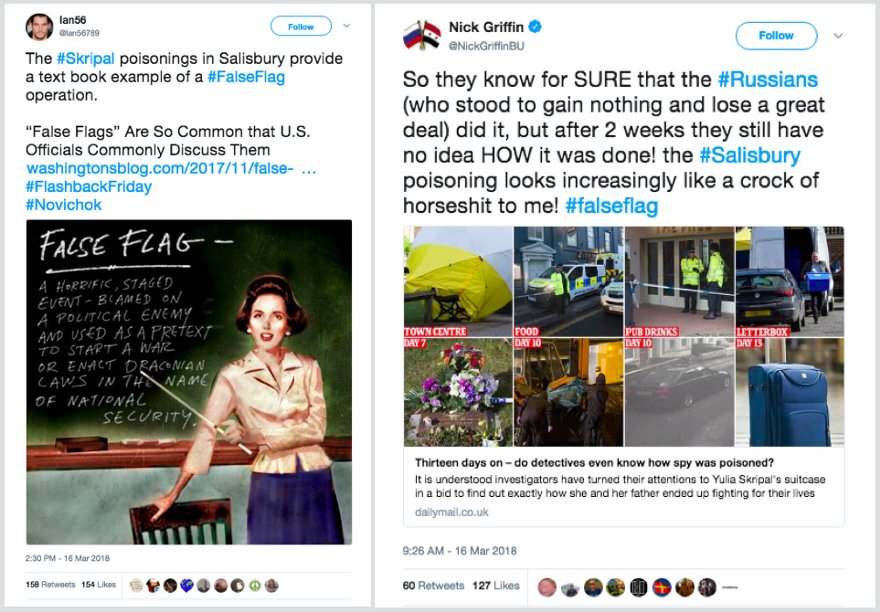
Claims of a false flag in Salisbury went on right until the moment when claims of a false flag in Syria took over.
Here's pro-Kremlin troll Ian56789 switching from one narrative to the next on April 8.
Here's pro-Kremlin troll Ian56789 switching from one narrative to the next on April 8.
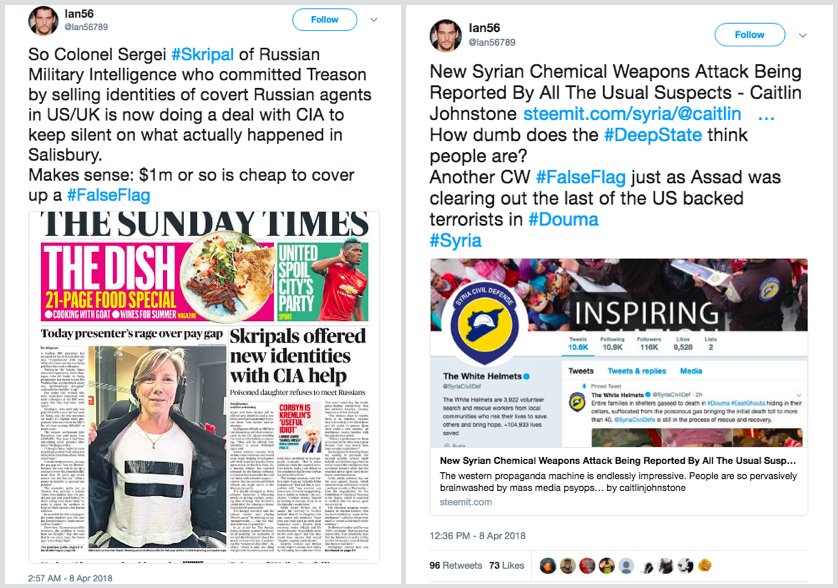
"Ian" doesn't have a very good record on his false-flag claims. Here's the same account calling the MH17 downing and the April 2017 sarin attacks "false flags".
International investigations found otherwise in both cases.
International investigations found otherwise in both cases.
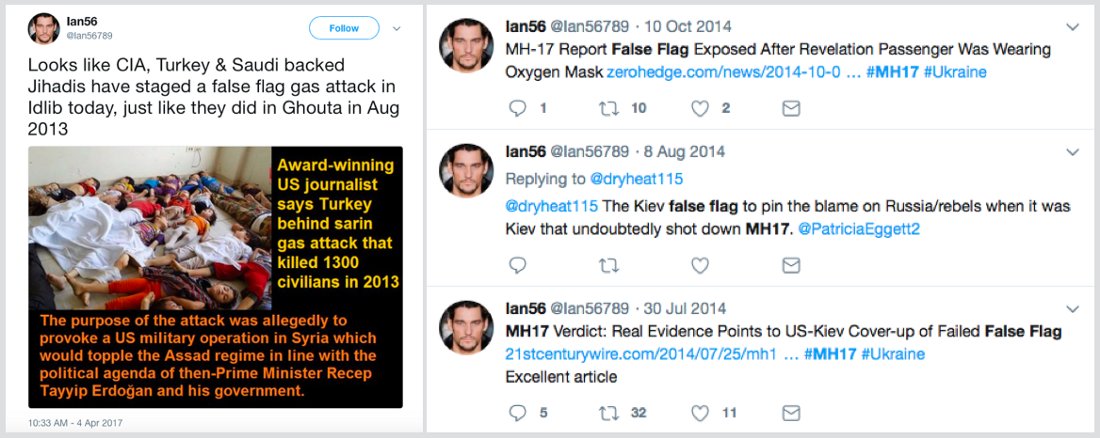
There was a surge in these claims from a variety of sources: pro-Kremlin, pro-Assad, far-right. The pattern over Syria was the same as over the Salisbury poisoning.
But precision is important. Don't lump it all together as "Russian." It's more complicated. / Thread ends
But precision is important. Don't lump it all together as "Russian." It's more complicated. / Thread ends
• • •
Missing some Tweet in this thread? You can try to
force a refresh


